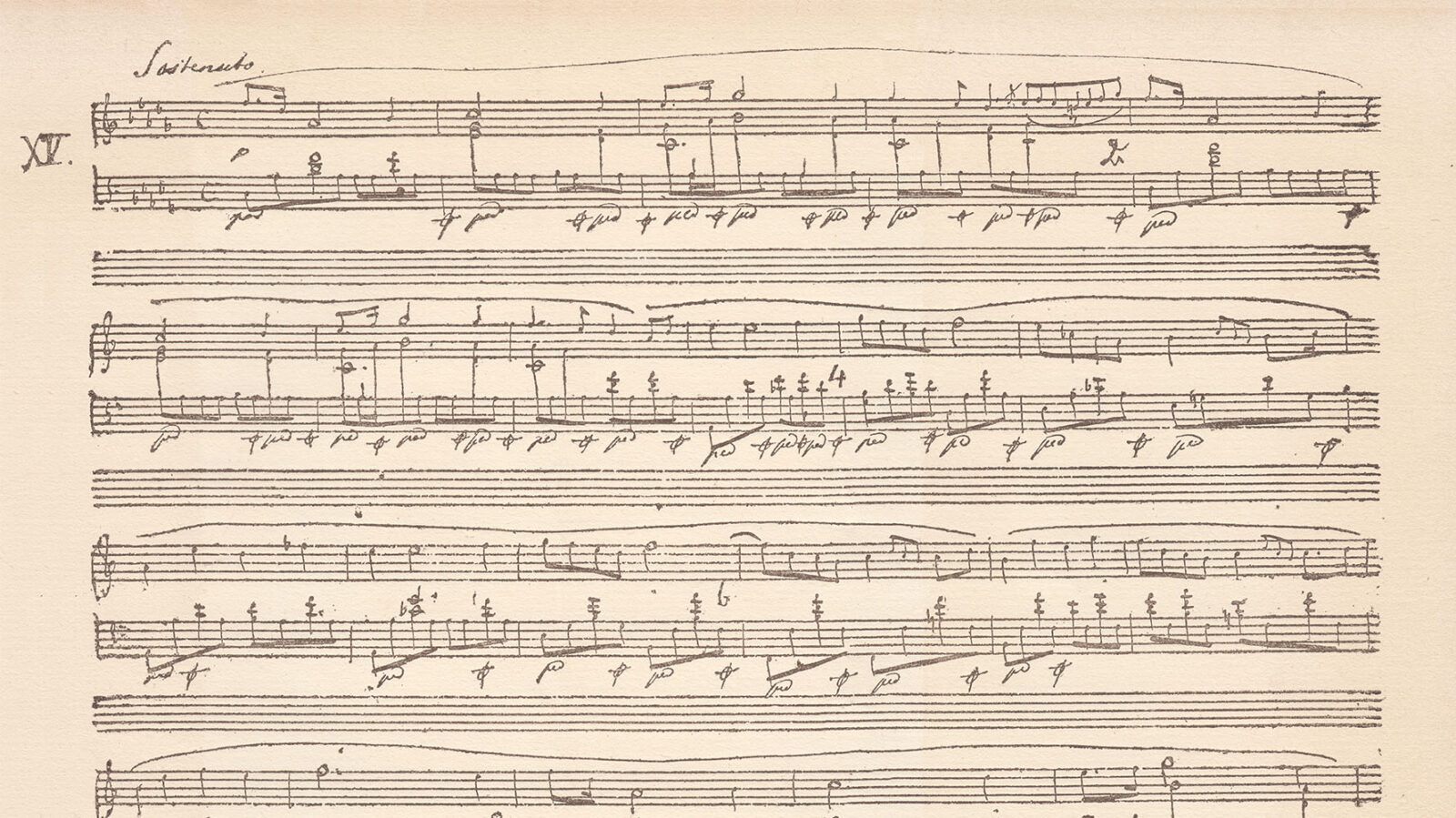Since the arrival of the Seventh-day Adventist Church in the South Pacific, singing and musical expression have been considered essential components of the worship experiences of its people. With little formal understanding of the principles of harmonisation, congregations and choirs succeeded in producing local versions in four-part harmony of well-known hymns in the English language. Attempts to translate the English lyrics into local languages and dialects while utilising the well-known and accepted tunes were not always successful, however.
These attempts were made more challenging as the Church produced a series of new hymn books, often deleting older well-known hymns and replacing them with new, unknown hymns. These hymnals in the English language included Joyful Greetings, Hymns and Tunes, Christ in Song, Advent Hymnal, Church Hymnal, and more recently, The Seventh-day Adventist Hymnal.
While some work had been done previously, it was not until the 1980s that a serious attempt was commenced to produce hymnals with both lyrics and music in some of the major local languages of the Pacific Islands. Pastor Lester Lock had grown up in Papua when his father, WN Lock, was working in the mountain villages behind Port Moresby. Fluent in several languages, he was also very musical, well able to conduct a band and a choir.
On retirement, Pastor Lock travelled to Lae, Papua New Guinea, and began the task of translating a selection of hymns into Melanesian Pidgin, the common language of Papua New Guinea. The hymn book had the Pidgin title Ol Sing Bilong Lotu. Dr W Glynn Litster was asked to find a printer in Hong Kong who printed and soft-bound the 128 hymns, including an index. The price was three PNG kina or a little more than $A1.
Pacific Island hymnals in production
Dr Litster, who had extensive experience as an educator in the island nations of the South Pacific and whose wife, Elva, was a skilled music teacher, continued the work commenced by Pastor Lock. Copyright permission was obtained for each hymn as appropriate and the following hymnals were produced:
O Viiga I Le Atua: A hymnal in the Samoan language with words and music and printed by the Signs Publishing Company in 1998.
Amene N Nebo: A hymnal in the language of Kiribati with words and music and printed at the Star Printery, Suva, Fiji, in 2003. The principal of Kauma Adventist High School in Kiribati, Tekamau Ribabati, was responsible for much of the work in preparing this hymnal.
Ai Vola Ni Sere Ni So-Kalou Ni Lotu Ni Kavitu E Viti: A hymnal in the Fijian language with words and music and printed by the Bluebird Printery Limited, Suva, Fiji, in 2007. In Fiji, schoolchildren were taught to sing using the tonic sol-fa version of music. The final layout of the hymnal shows both a full staff arrangement and a tonic sol-fa line for both soprano and bass voices.
Ko E Tohi Hiva Siasi ‘Ahofitu: A hymnal in the Tongan language with words and music and printed by Tonga Print, Nuku’alofa, Tonga, in 2008. In the preparation of the Tongan hymnal it was discovered that music was written using numbers. No explanation could be found until it was ascertained that the numbers corresponded with the tonic sol-fa symbols. An early Wesleyan English missionary had observed that some English words used in the tonic sol-fa were inappropriate in the Tongan language, so he changed doh, ray, me, fah, soh, lah, te, doh to correspond to the numbers 3, 4, 5, 6, 7, 8, 9, 3.
Koa Be Ruka Mawaro: A hymnal in the language of the Koiari people of Papua with words and music and printed by the Seventh-day Adventist Press, Lae, Papua New Guinea, in 2008. Pastor Lock and Dr Litster collaborated in the production of this hymnal to celebrate the centenary of the arrival of the Seventh-day Adventist Church in Papua New Guinea in 1908.
Nupela Ol Sing Bilong Lotu: A hymnal in the Melanesian Pidgin language of Papua New Guinea with words and music and printed by KHL Printing, Ltd, Singapore, in 2010. Pastor Lock and Dr Litster again collaborated on the production of this hymnal.
E Puka Imene Evangelia Akonoanga Ra Itu Kuki Airani: A hymnal in the language of the Cook Islands with words and music and printed by Ink Asia in China in 2013. Dr Litster was assisted by Cook Islanders: Eliu Eliu, Teina Taivairanga, and Porohu Taia; and by Nga Vailoa.
In each hymnal the hymns were arranged thematically. Each contains a list of the translators and those who assisted in arranging the hymns.
Visit encyclopedia.adventist.org.






